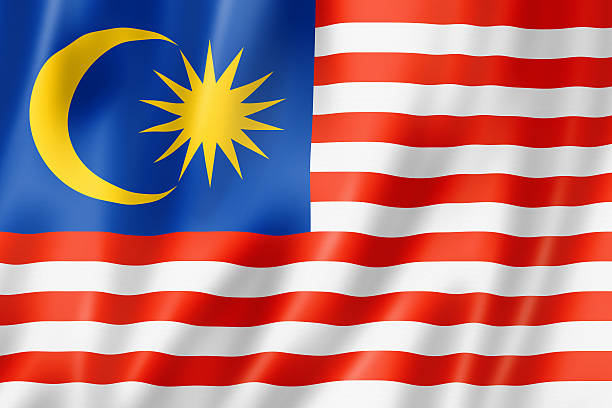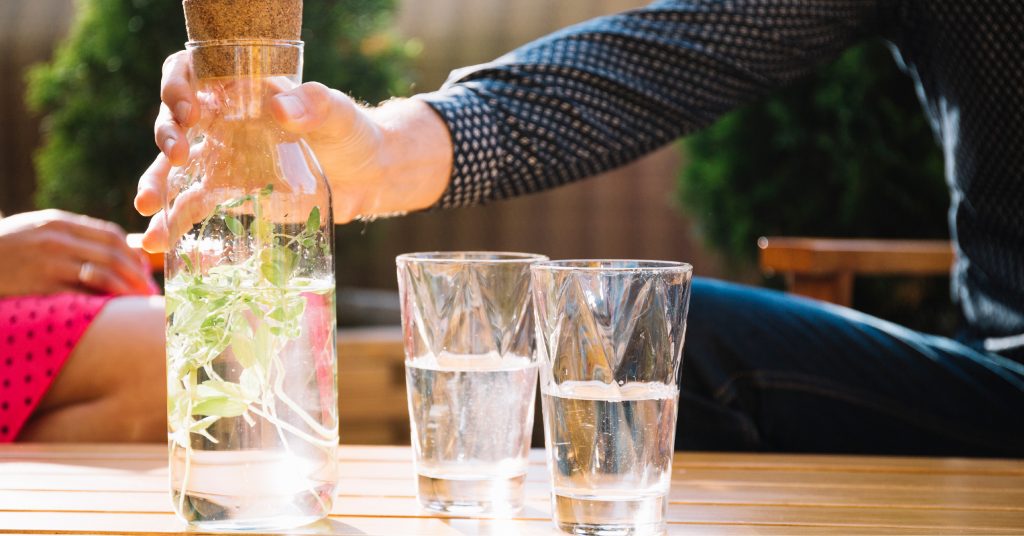Water is an essential resource, and ensuring its purity is a top priority, especially in a country like Malaysia where clean drinking water is a growing concern. Among various water purification methods, distillation is often considered one of the most effective. But is distilled water safe to drink? This question has sparked widespread debate among health enthusiasts and experts alike.
In this blog, we will explore whether it is safe to drink distilled water, the benefits and risks associated with it, and how much distilled water is safe to drink in the context of Malaysia’s unique water challenges.
What is Distilled Water?
Distilled water is produced through a process of distillation, which involves boiling water to create steam and then condensing the steam back into a liquid form. This method removes impurities, minerals, and contaminants, resulting in exceptionally pure water. However, the absence of minerals also raises questions about whether distilled water is ideal for regular consumption.
Is Distilled Water Safe to Drink?
The simple answer is yes, distilled water is safe to drink. However, there are caveats. Distilled water is free of harmful impurities like bacteria, viruses, heavy metals, and chemicals, making it one of the purest forms of water available. For people with compromised immune systems or those who are particularly sensitive to contaminants, distilled water can be a safe and healthy option.
However, distilled water also lacks essential minerals like calcium, magnesium, and potassium, which are naturally present in other types of drinking water. This raises concerns about the potential long-term effects of drinking only distilled water.
How Much Distilled Water Is Safe to Drink?
The amount of distilled water that is safe to drink depends on individual needs and dietary habits. For most people, drinking distilled water occasionally or in limited amounts poses no significant health risks. However, for individuals who rely solely on distilled water as their primary source of hydration, it is crucial to ensure they are getting enough minerals from other dietary sources.
For the average adult, drinking 2-3 liters of water daily is recommended for proper hydration. If you choose distilled water, it is safe to drink this amount as long as your diet compensates for the absence of essential minerals.
Benefits of Drinking Distilled Water
- Purity: Distilled water is free from harmful contaminants, making it a good choice in areas where water pollution is a concern.
- No Additives: Unlike tap water, distilled water does not contain chlorine, fluoride, or other chemicals.
- Detoxification: Some people believe that distilled water can help flush out toxins from the body due to its pure nature.
- Safe for Medical Use: Distilled water is often used in medical settings for its sterility, making it safe for patients with specific health conditions.
Risks of Drinking Distilled Water
- Mineral Deficiency: Regular consumption of distilled water may lead to deficiencies in essential minerals like calcium and magnesium.
- Electrolyte Imbalance: The lack of minerals can disrupt the body’s electrolyte balance, especially for athletes or individuals who sweat excessively.
- Potential Acidity: Distilled water may absorb carbon dioxide from the air, making it slightly acidic. While not harmful, this can be a concern for individuals with sensitive stomachs.
- Taste: Many people find distilled water bland or unappealing due to its lack of minerals.
Ion Exchange’s Contribution to Distilled Water Solutions
As Malaysia continues to face water quality challenges, companies like Ion Exchange are playing a crucial role in addressing these issues. Ion Exchange offers a wide range of water treatment solutions to ensure safe drinking water for both households and industries. Their approach goes beyond just removing contaminants, focusing on retaining essential minerals in the water.
Ion Exchange, a pioneer in potable water treatment solutions in Malaysia, offers a comprehensive range of products under its flagship brand, ZeroB. These solutions utilize advanced purification technologies, such as reverse osmosis, ultrafiltration membranes, electrochlorination, ozonation, and resins, to purify surface and groundwater, making it safe for drinking. The range includes:
- Point-of-Use Purifiers for Homes (ZeroB)
- Water Treatment Systems for Institutions
- Rural & Community Water Treatment Systems
- Containerized Water Treatment Systems
These solutions cater to diverse needs, ensuring safe and clean drinking water across various environments.
Conclusion
Is distilled water safe to drink? The answer lies in how it is consumed and integrated into your lifestyle. In Malaysia, where water quality concerns persist, distilled water can be a safe and effective option for short-term use or specific applications. However, for long-term hydration, it is important to consider its lack of minerals and take steps to balance your nutritional intake.
How much distilled water is safe to drink depends on individual needs, dietary habits, and health conditions. By understanding its benefits and risks, you can make informed decisions about incorporating distilled water into your daily routine.


